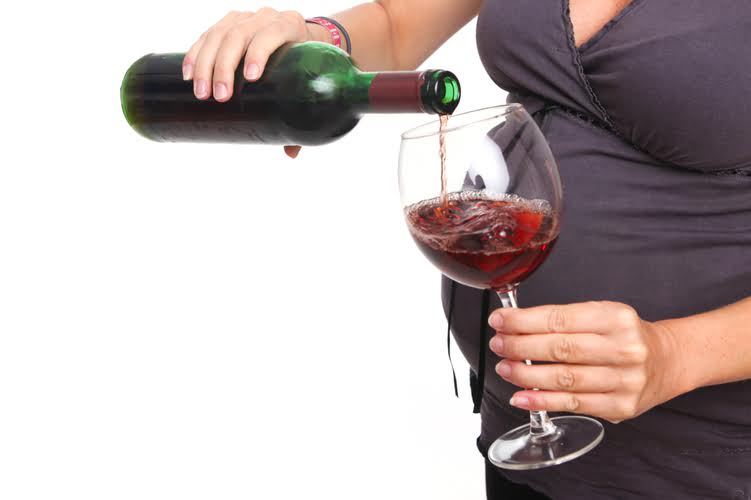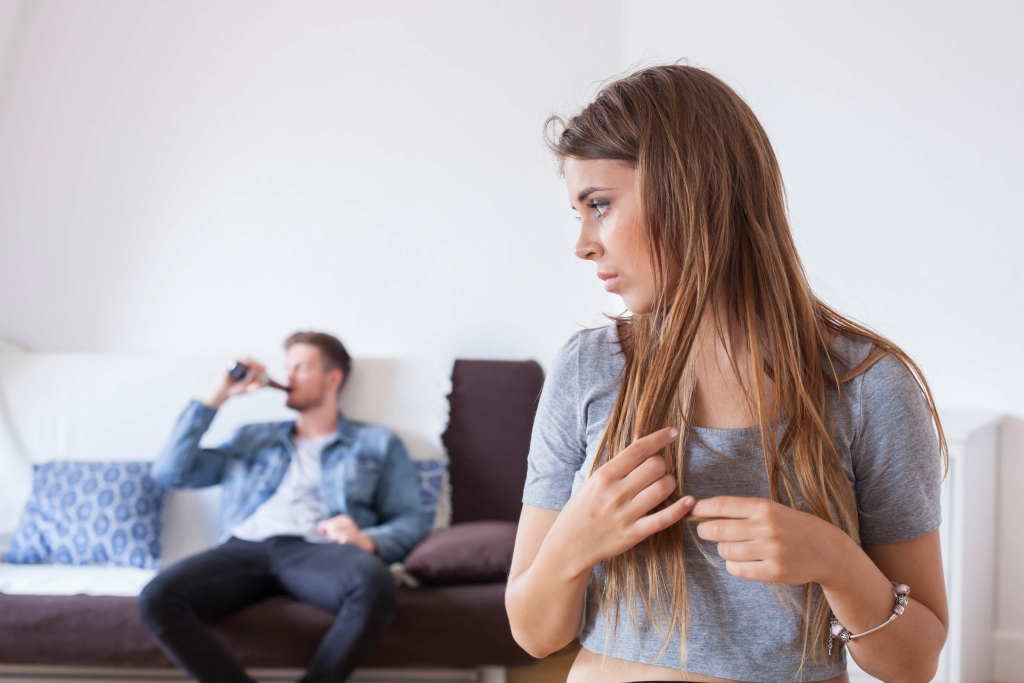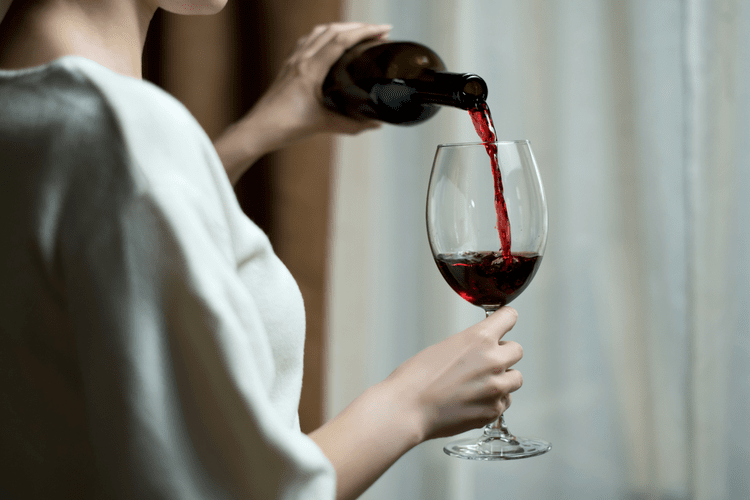So, before you plan for a night of drinking, follow these practices. That will prevent the effects of dehydration when you consume these alcoholic drinks. The inhibition of Antidiuretic Hormone by alcohol has direct consequences for the body’s hydration status. The increased urine output, or diuresis, results in significant fluid loss. This dehydration is a primary contributor to common hangover Drug rehabilitation symptoms such as intense thirst and a throbbing headache.
Factors Influencing BAC Readings
Alcohol acts as a diuretic, which means it makes you urinate more, leading to a does beer or liquor dehydrate more loss of fluids. Alright, the night is over, and maybe you feel like you’ve been through a desert. Water is your best friend here, but you can also reach for sports drinks to replenish electrolytes. And while the greasy diner food might sound amazing, try to eat something light and easy on your stomach. If a person has been drinking and is experiencing alcohol dehydration symptoms, they need to restore the body’s fluid balance.

How much alcohol does it take to dehydrate you?
Drinking alcohol can dehydrate you, and it’s one of the main reasons you can get a hangover. This is because alcohol is a diuretic, which is a substance that induces diuresis or additional urine output. This isn’t just an old wives’ tale; it’s one of the simplest and most effective things you can do.
- Another tip is to choose drinks with lower alcohol content.
- These are all over one-third alcohol in total content and thus are more likely to dehydrate you.
- Think of it like prepping your body for a marathon, but instead of running, you’re…
- That paper summarizes that research into whether stronger alcohol is linked with increased dehydration is inconclusive.
What’s the Least Dehydrating Alcohol?
- This is something for athletes to be aware of, as it puts them at greater risk of pulling or straining their muscles.
- 6 In other words, subjects peed less relative to their fluid intake two hours after consuming these drinks compared to water.
- One of the most common symptoms of dehydration is increased thirst.
- Is it true that for every alcoholic drink, you lose four times that amount in water?
This is why just one drink can have you making a beeline for the restroom. Imagine your body is a sophisticated smart home, constantly working behind the scenes to keep its internal water levels perfectly balanced. This process, known as homeostasis, relies on a seamless communication network between your brain, hormones, and kidneys.
How Much Alcohol Does It Take To Dehydrate You?

A cold, lighter-bodied beer can certainly quench your thirst, especially if you’ve been doing something strenuous like working out or mowing the lawn on a hot day. However, a heavier beer under these conditions is likely to make you feel weighed down and leave your thirst unsatisfied. Beer contains trace amounts of electrolytes from ingredients like hops and barley. While they can contribute minor hydration benefits, they’re not a substitute for electrolyte-rich fluids, particularly after intense exercise. If you’re socializing or looking to unwind, remember there are plenty of non-alcoholic options that can be enjoyable and refreshing.

The Power of Pre-Hydration and Food
Alcohol interferes with the vasopressin hormone (also known as antidiuretic hormone or ADH). This hormone, produced by the pituitary gland, tells the kidneys to conserve water. When https://www.transporteviar.com/drinking-and-driving-consequences-and-effects-2/ alcohol suppresses ADH release, the kidneys excrete more water as urine than they normally would. This increased urine output leads to dehydration, characterized by symptoms like thirst, headache, dizziness, and fatigue. When you’re trying to figure out how alcohol dehydrates you, it’s crucial to understand that not all drinks are created equal. The concentration of alcohol in your glass plays a massive role in how much water your body ultimately loses.
If you or someone you’re with starts experiencing these symptoms, it’s time to stop drinking and get some serious hydration, maybe even seek medical help. It’s not worth pushing through; your health is way more important. Recognizing dehydration symptoms early can prevent further health complications.
Many enjoy drinking it on its own, while others prefer beer mixed with other ingredients to make cocktails or paired with foods for tasting parties. However you choose to enjoy it, one thing to remember when drinking alcohol is to stay hydrated. Research has shown that drinks with up to 2% alcohol (think a very, very light beer) don’t really hurt your rehydration efforts compared to plain water. But once you get into drinks with a higher ABV, like a standard 4% or 5% beer, they can actually delay your body from getting its fluid balance back to normal.
